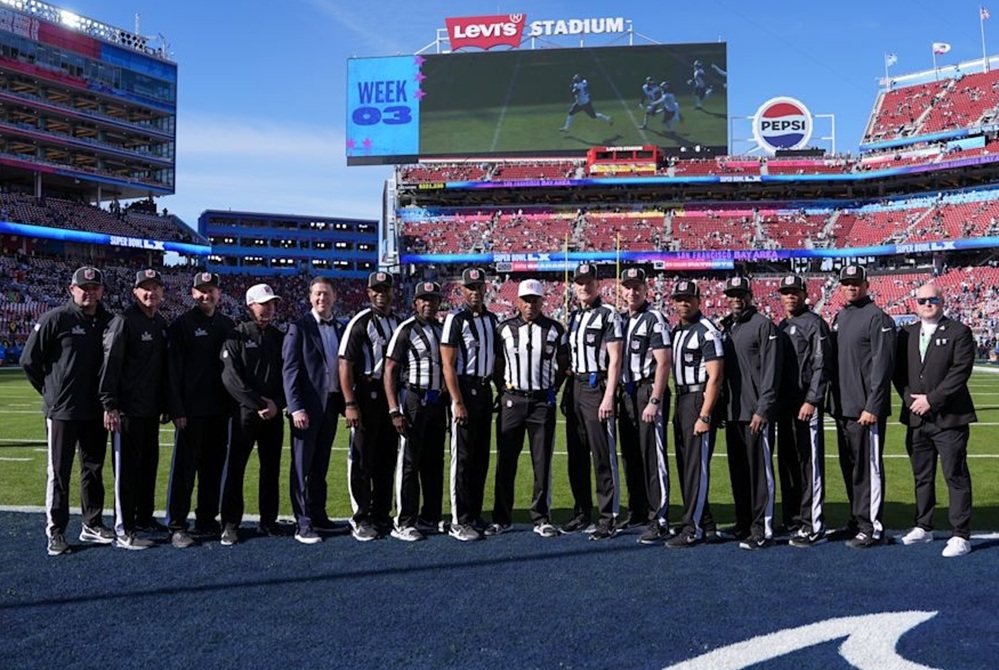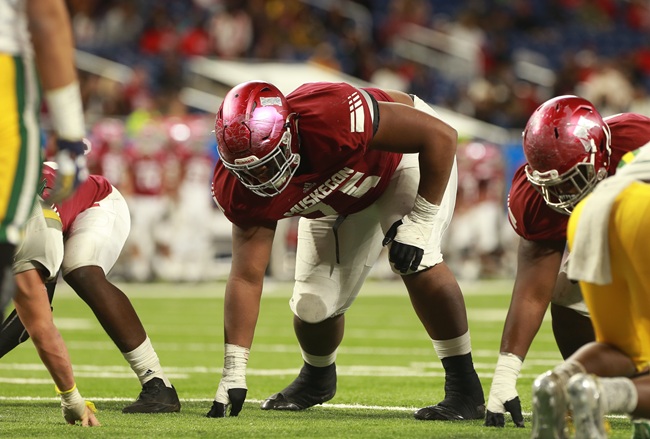
Committees Fail Critical Issues
June 7, 2013
Typically, each sport committee meets once each year for three to five hours, during which time it considers proposals that come from schools, leagues and the state’s coaches association for the sport; and the proposals most often deal with allowing more regular-season events and more qualifiers to the MHSAA postseason tournament.
Occasionally there is a proposal that might improve sportsmanship. But much more often the proposals would increase conflicts between academics and athletics and/or strain overstressed local budgets. And almost never is there a proposal that would address the health and safety of participants (the Wrestling Committee has been an occasional exception and the Competitive Cheer Committee is a routine exception).
While coaches associations must shoulder some of the blame because they’ve brought MHSAA committees “trivial” topics, at least in comparison to the tougher health and safety topics, much of the cause of MHSAA committee ineffectiveness is that the committees don’t meet long enough or often enough to research serious problems and develop well-thought-out solutions. That is forgivable because it is difficult to get commitments from busy people all across Michigan to be absent from their regular jobs and travel dozens or even hundreds of miles, and to do so multiple times each year – which is what it takes to more fully understand complex problems and more carefully construct solutions. Meetings have to be few and they have to be efficient.
However, facing the worst publicity football has seen since the mid-1970s, we knew we had to supplement the football committee process. We did so by appointing a special Football Task Force of optimum size and experienced, representative makeup to meet on however many occasions are necessary during 2013 to accomplish three purposes:
- Review practice policies to improve acclimatization of players and reduce head trauma.
- Review competition rules to reduce head trauma and the frequency of the sport’s most injurious game situations.
- Develop promotions that extol the value of football to students, schools and communities and the safety record of school-based football.
The promotional efforts have begun to be rolled out; game rule modifications are being investigated; and four proposals for changing football practice policies have been prepared. They will be the topic of our next posting.

In Shoulder Pads & Stripes, Michigan Superbly Represented at Super Bowl LX
By
Jon Ross
MHSAA Director of Broadcast Properties
February 9, 2026
MHSAA football champion? Check.
NCAA football champion? Check.
Super Bowl champion? Check.
Winning has become routine for Muskegon’s Anthony Bradford.
Bradford starred on the offensive line for the Big Reds, helping deliver the MHSAA 11-Player Division 3 championship in 2017. He kept collecting titles at LSU as part of the Tigers’ national championship team in 2019. Now, he’s reached the sport’s biggest stage as a Super Bowl champion.
 The Seahawks’ starting right guard played a major role in Seattle’s second Super Bowl title, a 29-13 win over New England on Sunday in Super Bowl LX. Seattle rushed for 141 yards and allowed just one sack in the victory.
The Seahawks’ starting right guard played a major role in Seattle’s second Super Bowl title, a 29-13 win over New England on Sunday in Super Bowl LX. Seattle rushed for 141 yards and allowed just one sack in the victory.
Bradford wasn’t the only former MHSAA athlete connected to the Seahawks this season. Wide receivers Tyrone Broden (West Bloomfield, 2019) and Cody White (Walled Lake Western, 2016), along with offensive lineman Logan Brown (East Kentwood, 2019), spent time on the practice squad or injured reserve. Defensive lineman Johnathan Hankins (Detroit Southeastern, 2010) was released in early December.
New England also featured MHSAA ties, with offensive lineman Mike Onwenu (Detroit Cass Tech, 2016) and punter Bryce Baringer (Pontiac Notre Dame Prep, 2017) on the Super Bowl roster.
Super Bowl LX was officiated by referee Shawn Smith, a graduate of Detroit Cody, where he played football and ran track. Smith was a registered MHSAA official for 18 years before advancing to the college ranks and eventually the NFL.
PHOTOS (Top) Shawn Smith, center with white hat, poses for a photo with his officiating crew at Sunday's Super Bowl. (Middle) Muskegon's Anthony Bradford lines up against Farmington Hills Harrison in 2017. (Smith photo courtesy of the NFL/Ben Liebenberg.)

